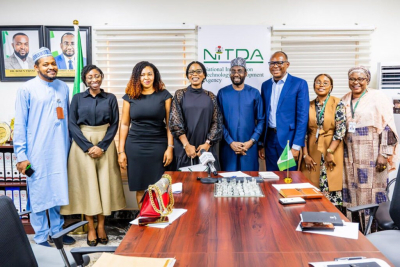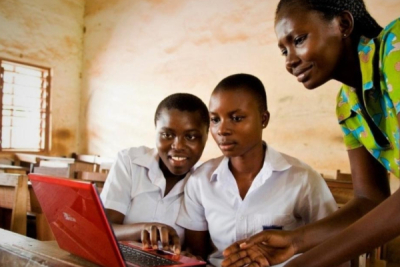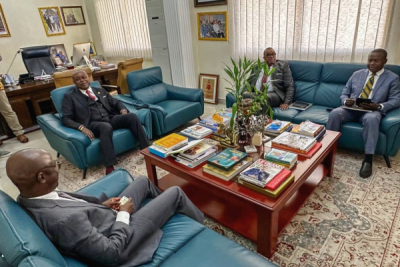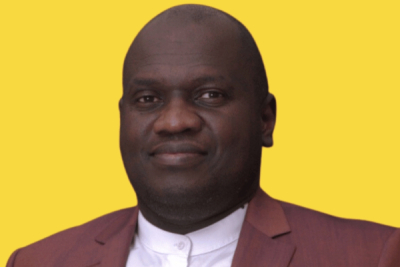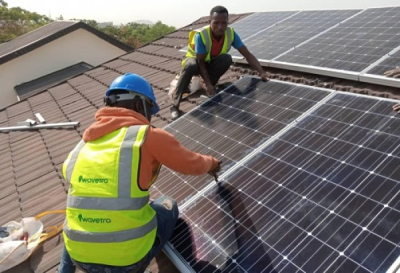As African governments increasingly embrace digitalization to drive economic growth, international collaborations are essential for achieving this goal. These initiatives also help bridge the gap between African and global tech hubs, ensuring the continent remains competitive in the global digital economy.
The Federal Executive Council (FEC) has approved the conversion of a Federal Government property in San Francisco into the Nigerian Digital Technology Exchange Program Hub, also known as the Nigeria Startup House, Minister of Communications, Innovation and Digital Economy Bosun Tijani announced May 14 on X (formerly Twitter). This initiative aims to enhance Nigeria's global tech presence, attract foreign investment, and boost the visibility of Nigeria's startup ecosystem.
“As we work towards achieving key elements of our Trade and IEC Strategic Blueprint Pillars, the Nigerian Startup House will play a critical role in promoting Nigeria’s economic interest, attracting Foreign Direct Investment and improving the visibility and positioning of Nigeria’s Startup Ecosystem to attract funding and expertise from global markets and organisations represented in the San Francisco Bay Area and beyond,” said the Minister.
The hub in the San Francisco Bay Area - a major center for startup funding and innovation - will help Nigerian startups access capital, expertise, and market opportunities.
Ownership of the Nigeria Startup House will remain with the Federal Government, represented by the Federal Ministry of Communications, Innovation, and Digital Economy (FMCIDE) and the Ministry of Foreign Affairs (MFA). It will be managed by a consortium of Nigerian tech companies, which will fund its operations.
As part of its strategy to foster a robust startup ecosystem, the Nigerian government has launched various initiatives. The Digital and Creative Enterprise (IDICE) program stands out, with a $618 million investment to promote entrepreneurship and innovation in the digital technology and creative industries, particularly for youth employment. According to the "Ecosystem Report: Nigerian Startup Scene 2023," this initiative is expected to contribute $6.4 billion to the Nigerian economy.
The report also highlights the Three Million Tech Talents (3MTT) program, which seeks to equip young individuals with essential tech skills while positioning Nigeria as a talent exporter. Additionally, the Nigerian Startup Act, passed in October 2022, underscores the government's commitment to establishing the digital economy as a fundamental component of its economic framework. These initiatives reflect Nigeria's growing support for the startup ecosystem and digitalization.
Hikmatu Bilali



